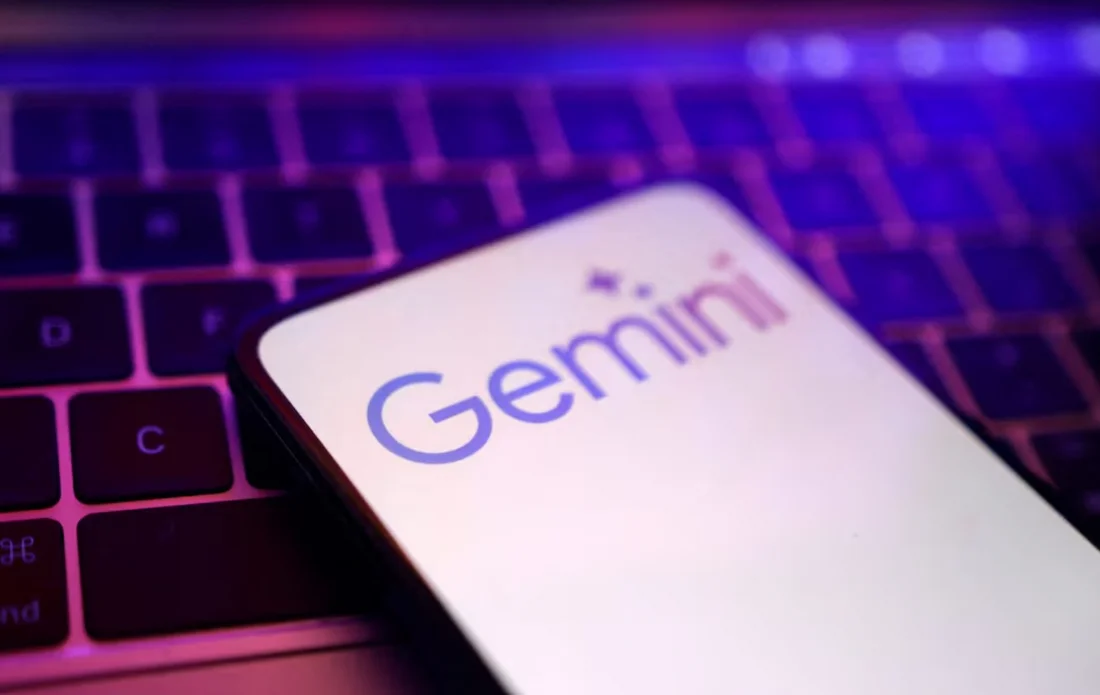OpenAI would consider acquiring Google’s Chrome browser if U.S. antitrust regulators succeed in forcing Alphabet’s (GOOGL.O) Google to divest the popular web browser, an OpenAI executive revealed during testimony at Google’s antitrust trial on Thursday.
Nick Turley, head of product for ChatGPT, made the disclosure while testifying in the high-profile trial where the U.S. Department of Justice (DOJ) is seeking sweeping remedies to restore competition in online search.
Last year, the presiding judge found that Google holds an unlawful monopoly in online search and related advertising. Google has not offered Chrome for sale and plans to appeal the ruling.
The trial also highlighted growing tensions within the generative AI sector, where major tech companies and startups are racing to dominate. Prosecutors warned that Google’s entrenched search monopoly could give it an unfair edge in the emerging AI market, using AI tools to drive traffic back to its search engine.
In response, Google pointed to competition from other AI providers, including Meta Platforms (META.O) and Microsoft (MSFT.O).
During cross-examination, Turley acknowledged that an internal OpenAI document described ChatGPT as leading the consumer chatbot market, without identifying Google as its biggest rival. He explained the document was motivational in nature and emphasized OpenAI’s ongoing interest in forming distribution partnerships.
Blocked Partnership and Search Competition
Turley also testified that OpenAI had sought to license Google’s search technology for ChatGPT after experiencing difficulties with its own search provider, later identified as Microsoft’s Bing. However, Google declined the request in August 2024, citing concerns about sharing its search capabilities with competitors.
“We believe having multiple partners, and in particular Google’s API, would enable us to provide a better product to users,” OpenAI said in an email shown at trial.
Turley noted that search capabilities are critical for ChatGPT to deliver accurate, up-to-date information. He acknowledged that OpenAI remains several years away from developing proprietary search technology capable of answering 80% of user queries.
He added that the DOJ’s proposal to force Google to share search data with competitors would significantly accelerate ChatGPT’s improvement efforts.
Ending Exclusive Deals
Judge Amit Mehta previously found that Google maintained its dominance by signing exclusive agreements with device makers like Samsung Electronics (005930.KS) to install Google Search as the default.
Trial documents revealed that Google had at one point considered extending exclusivity to its Gemini AI app and Chrome browser. However, more recent deals with Samsung, Motorola, AT&T, and Verizon have been non-exclusive, allowing competitors’ apps to also be installed.
Google executives testified that they recently informed partners that nothing in their agreements prevents them from preloading rival AI products, countering DOJ claims that Google’s tactics continue to stifle competition.
The trial’s outcome could reshape not just the search engine market but also the future landscape of artificial intelligence — with companies like OpenAI poised to play a significant role.


